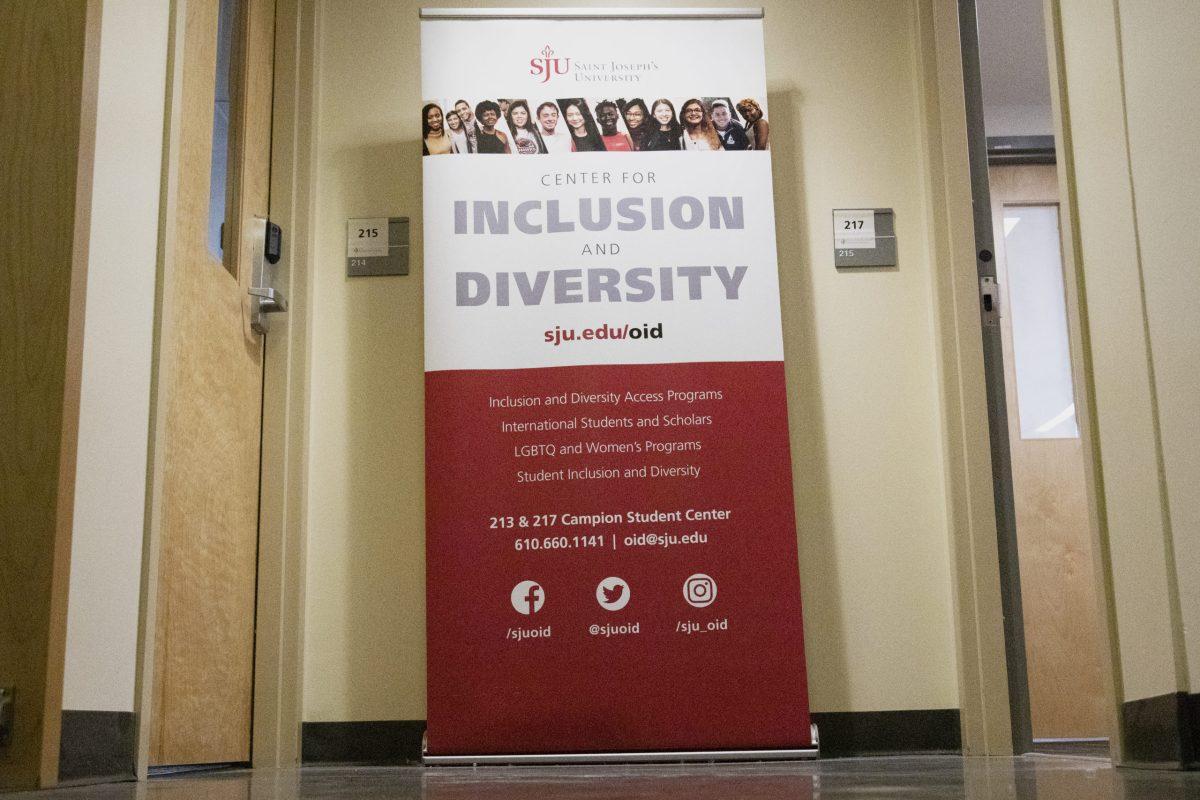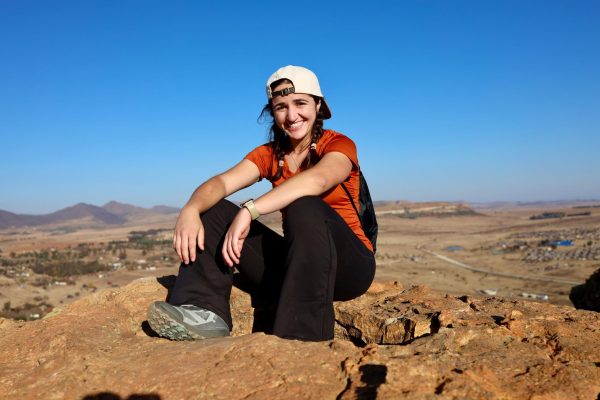One of the toughest words for many people to utter is “no.”
No, I can’t do that for you. No, I can’t help with that. No, I’m not available then.
But saying “no” is an important part of setting healthy boundaries, according to Imani Briscoe, head of experiential programming in the Center for Inclusion and Diversity. And feeling overwhelmed or wanting to drop responsibilities is a sign that something needs to change.
Brisco led a Feb. 3 workshop titled “Boundary Setting 101” in the Center for Inclusion and Diversity in Campion Student Center. The workshop was based on the book “Set Boundaries, Find Peace: a Guide to Reclaiming Yourself” by Nedra Glover Tawwab, a licensed
therapist.
“Boundaries are the route of self care,” Briscoe said during the workshop. “They’re a way to be cognizant of what your mental, physical and emotional states are, and how they interact with the world and how you communicate what’s best for you.”
Briscoe said the covid-19 pandemic has blurred lines between work and home and made it even more difficult for people to set healthy boundaries.
“With folks that are going to go off into the world and start careers, being able to be in spaces where you are working from home, it’s a gray area; what are the boundaries there,” Briscoe said. “I’m bringing home work, I’m bringing everything home with me literally all the time.”
The workshop focused on three types of boundaries, which Tawwab defines in her book: porous boundaries, which are weak or poorly expressed and are unintentionally harmful; rigid boundaries, which involve building walls to keep others out as a way to keep yourself safe; and healthy boundaries, which require an awareness of your emotional, mental and physical capacities combined with clear communication.
The workshop focused on how to establish the latter.
“I think it’s important to understand how you can set boundaries and what areas of your life you might be having porous boundaries, and being comfortable in enforcing them a little bit more,” Briscoe said.
Asia Whittenberger ’22, who often reminds friends and co-workers of the importance of boundary setting, said she began doing a better job of setting healthy boundaries when she retired from soccer.
She said she has since felt the benefits of setting healthy boundaries in all aspects of her life.
“You just have peace of mind,” Whittenberger said. “You feel like you have control over your life, and showing up for yourself means that you can show up better for others.”
Jafar Thomas ’24, attended the event because the topic piqued his interest.
“I felt like it’s really applicable,” Thomas said. “Everybody can get something from widening their boundaries.”
Another student, Destiny Leflore ’25, left the event more aware of how to put self-love and self-care before anything else.
“[My biggest takeaway was] how to say ‘no’ properly, how to not put yourself in a predicament where you have to pull out and how to put yourself first and take accountability for yourself,” Leflore said.
Before ending the event, Briscoe gave attendees some advice for where to start.
“Start small and say no to little things, like the little inconveniences or things that make you uncomfortable,” Briscoe said. “And then build upon that.”
















































